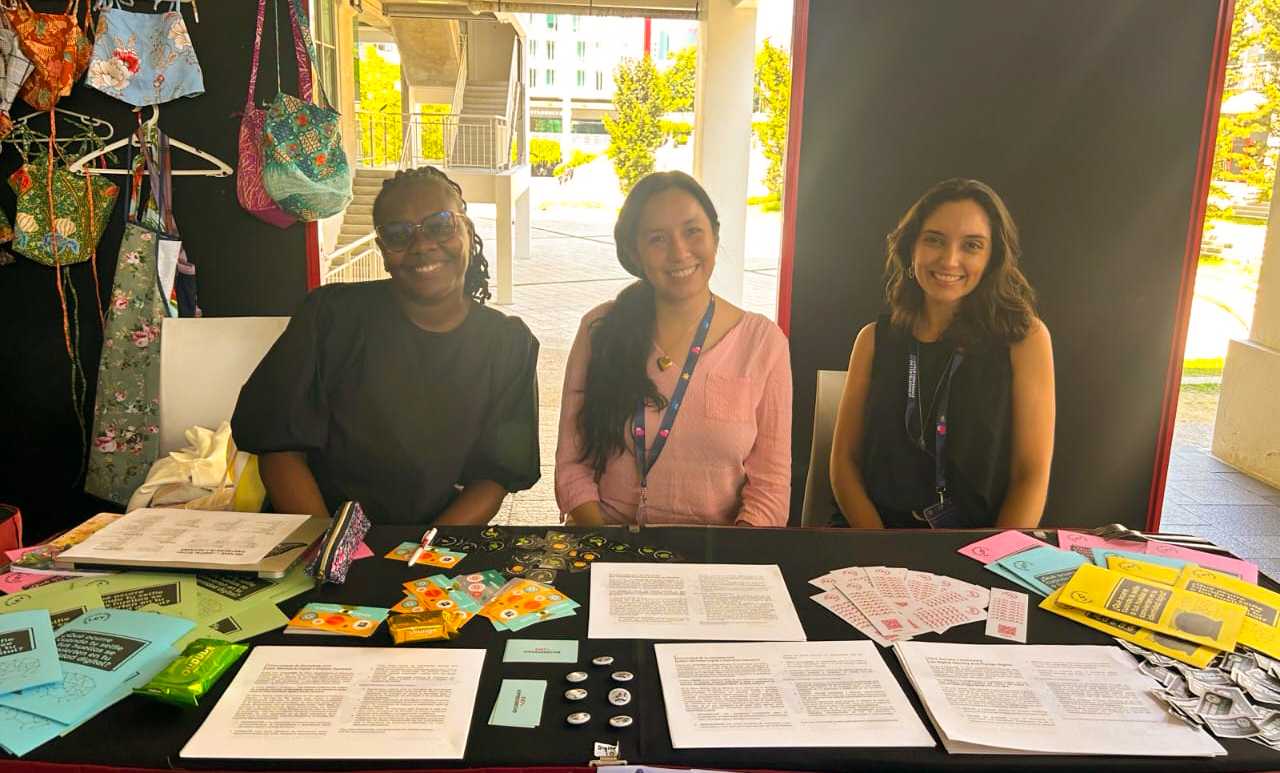The thought of being denied basic human rights like education, healthcare, or even the freedom to move freely is a harsh reality for millions of stateless individuals around the world.
These are people who lack legal recognition of nationality by any country. This lack of citizenship disproportionately affects women and girls, creating a complex web of challenges for them.
A major factor is gender-discriminatory laws on nationality. Unlike men, women in many countries are denied the fundamental right to pass on their citizenship to their children. This directly creates statelessness for children, particularly when the father is a foreigner, stateless, or unknown.
Women in many societies often face difficulties obtaining official documentation like birth certificates and marriage records, which are crucial for proving nationality claims. This lack of documentation further increases their vulnerability and that of their children to becoming stateless.
Statelessness has a huge effect on women and girls as they are more susceptible to sexual and gender-based violence (SGBV), where their marginalised status and limited legal recourse leave them vulnerable. Desperate for security, they may be forced into marriage, as stripping them of agency and opportunities and lack of legal identity and citizenship often bars them from formal employment, land ownership, and access to financial services.
Further, this limits their chances of economic independence.
The ongoing World Conference on Statelessness presents a crucial opportunity to advance the responsible and inclusive development of digital identity systems globally. These systems have the potential to unlock significant benefits, including improved access to services, financial inclusion, and streamlined administrative processes.
However, ensuring that the implementation does not intensify existing inequalities or further marginalize vulnerable populations is important. KICTANet has been part of the roundtable conversation on Digital ID, digital public infrastructure and statelessness.
At KICTANet, we actively seek solutions to address the gendered dimensions of statelessness. Recognising the potential of digital technologies, KICTANet advocates for inclusive digital ID systems by working to ensure these systems are designed and implemented in a way that does not exacerbate existing inequalities and marginalized stateless populations, particularly women and girls.
Kenya’s rollout of the Huduma Namba, a national digital ID program, underscored the risks of implementing digital ID systems without proper safeguards for marginalized communities. KICTANet played a critical role in advocating for the rights of groups like the Nubian community, who faced barriers to factors like documentation requirements and historical marginalization.
KICTANet’s report on Bridging the Digital Divide highlights the challenges stateless individuals face in accessing digital technologies. It offers resources to improve digital literacy and empower women and girls by providing training and resources to help them understand their rights, access digital tools and navigate digital platforms for service delivery.
The World Conference on Statelessness has brought organizations working on gender, statelessness, and digital ID, demonstrating the ongoing fight for a world where everyone, regardless of gender or nationality status, has the opportunity to thrive.
By supporting these efforts and raising awareness, we can work towards a future where statelessness no longer hinders individuals from reaching their full potential.
Nzambi J.Kakusu, Program Administrator, KICTANet, is passionate about using technology to solve societal problems.
![]()




